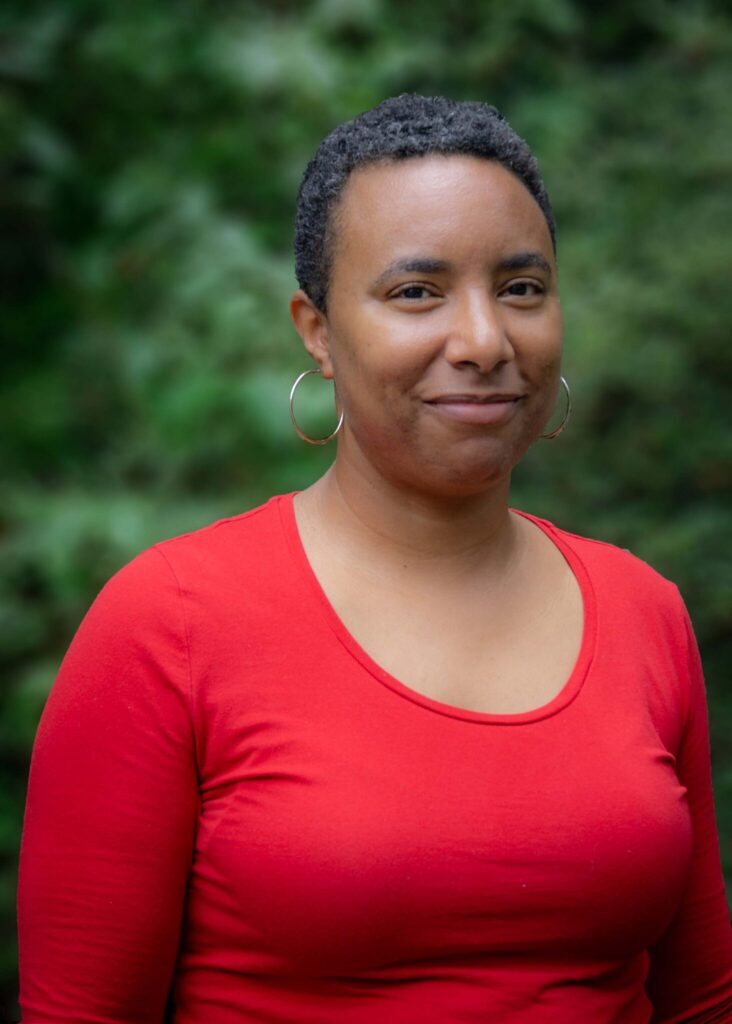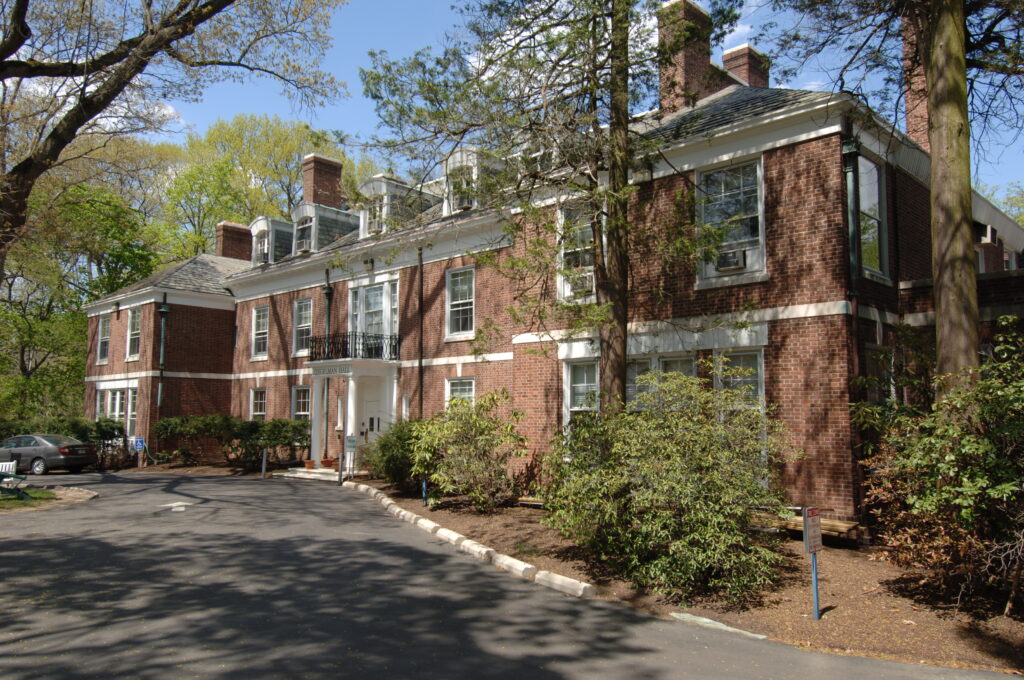
The Reconstructionist Rabbinical College created a new fellowship in race, culture and Jewish ethics as part of its ongoing efforts to cultivate dynamic scholarship, train the next generation of rabbis and dismantle systemic racism in Jewish communities.
Amanda Mbuvi, Ph.D., a groundbreaking scholar of Hebrew Bible and Jewish ethics, has been named to the fellowship, following three years as RRC’s vice president for academic affairs. Mbuvi was the first African American to lead an American rabbinical ceremony.
She helped guide the institution through the return to in-person learning after the COVID-19 pandemic’s disruption, as well as a key reaccreditation process.
In this role, Mbuvi will pursue two of her passions: improving educational access and expanding the range of perspectives that students encounter in the classroom. The fellowship combines classroom teaching, academic research, curriculum review and development, along with mentoring students.
Rabbi Mira Wasserman, Ph.D., RRC’s interim vice president for academic affairs, praised the appointment, saying “Amanda will bring her insights to bear on how we can live out our commitments to racial justice and to disability justice in our curriculum, our pedagogies and our practices.”
As part of its most recent strategic plan, the college — and the organization of which it is part, Reconstructing Judaism — committed itself to leading “Jewish efforts to dismantle systemic racism and to advance racial diversity, equity and inclusion within the Reconstructionist movement.”
“Racial justice work is necessary for the Jewish community because it makes substantive the core Jewish teaching that every individual is created betzelem Elohim, in the image of God,” Rabbi Deborah Waxman, Ph.D., president and CEO of the Reconstructing Judaism, wrote in an essay explaining the importance of racial justice to the organization’s mission.
“When we address barriers around areas like race, disability and socioeconomic class, we’re doing more than just upholding our ethical responsibility as educators. We’re helping equip our students to build the kind of diverse communities that are essential to the flourishing of American Judaism.”
Amanda Mbuvi, Ph.D. Tweet
Throughout her career, Mbuvi has worked to expand the range of perspectives and voices pertaining to the Hebrew Bible that scholars study and teach.
At RRC, she will work with faculty to teach a greater range of Jewish experiences and more diverse scholarly perspectives on those experiences. This means making sure that more identities are represented among the authors of course readings. And for Mbuvi, it goes beyond just giving those authors a seat at the metaphorical table. She also wants to give them a say in how the table is set — making sure that courses engage the different questions that they ask and the different approaches they take to answering them.
“When we address barriers around areas like race, disability and socioeconomic class, we’re doing more than just upholding our ethical responsibility as educators,” said Mbuvi. “We’re helping equip our students to build the kind of diverse communities that are essential to the flourishing of American Judaism.”

As a faculty fellow, Mbuvi will continue the work she began as vice president to improve the educational experience of RRC students of color and/or with disabilities. She will continue to teach a range of classes, including a multifaith course called “Sharing Scripture.”
She will also supervise the ongoing research deriving from the summer course “1299 Reckoning: Research and Reflection on RRC’s Move from the City to the Suburbs.” This collaboration between the Center for Jewish Ethics, the college and Reconstructing Judaism’s Thriving Communities department is examining the RRC’s North Philadelphia years, as well as the college’s relocation to the suburbs, through a racial justice lens.
Mbuvi said that “RRC students are looking to give more kinds of people the opportunity to experience Jewish belonging. Community is central to an RRC education, which makes it all the more important that we model the kinds of habits that will enable students to do that work.”





